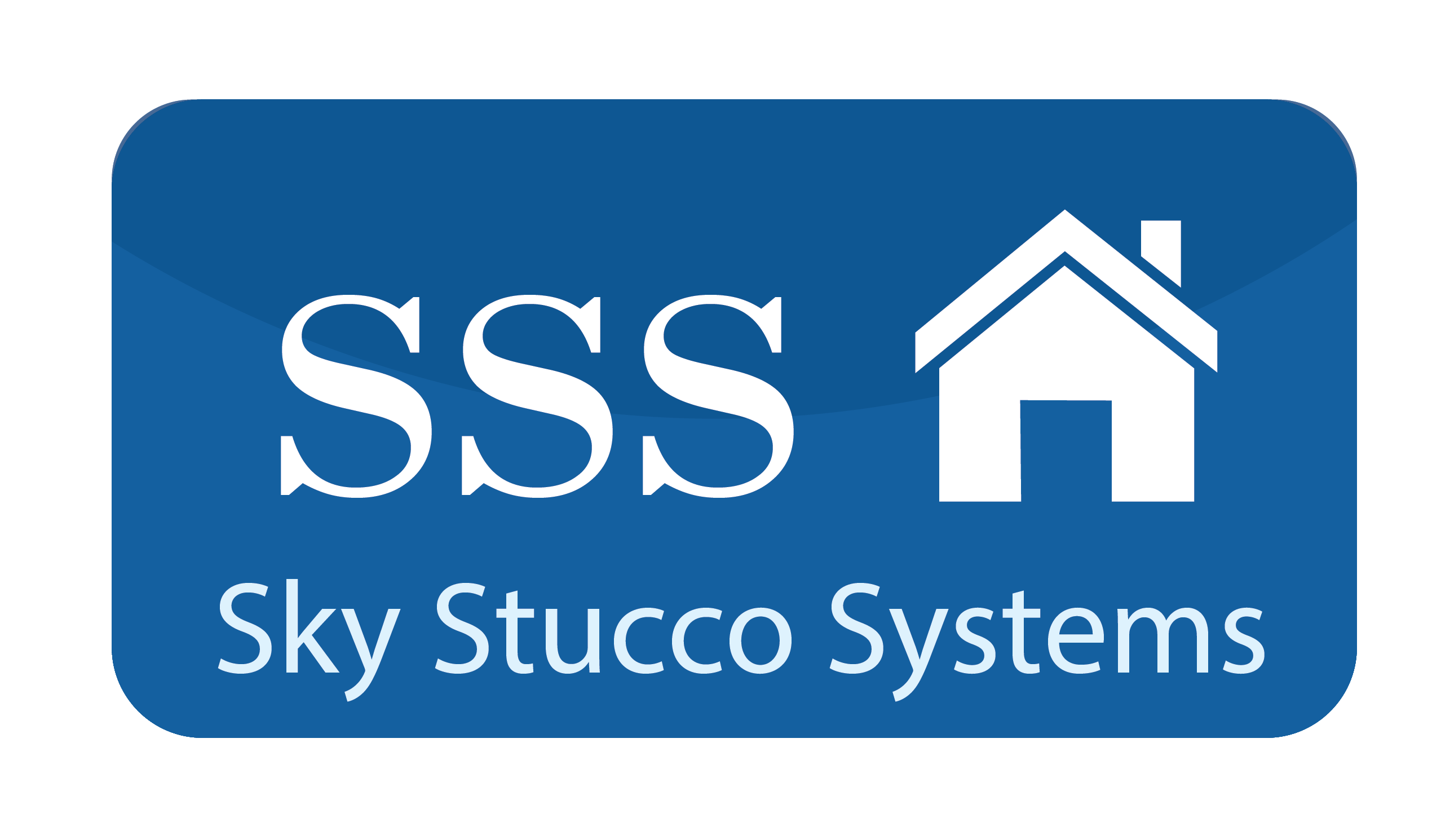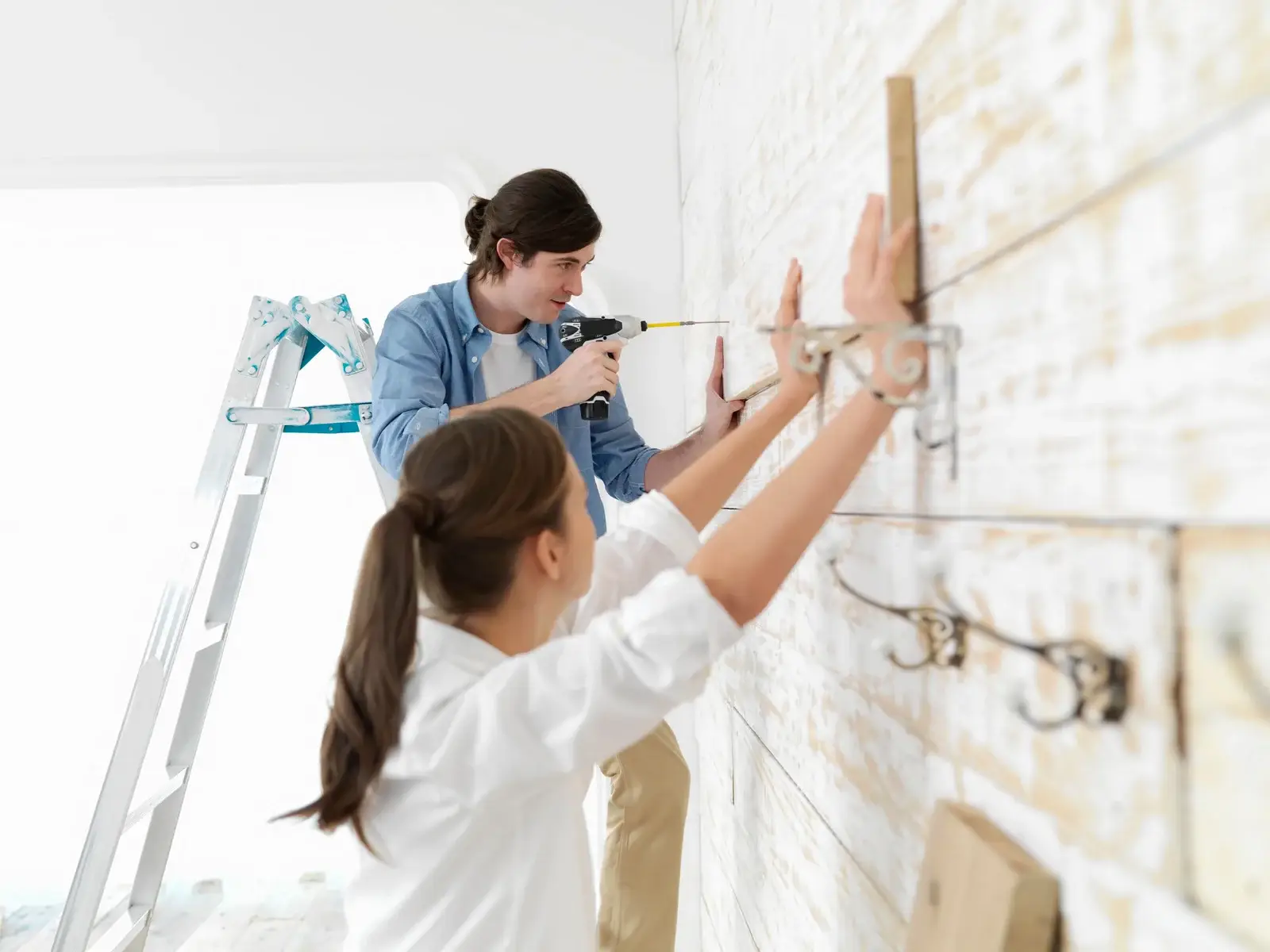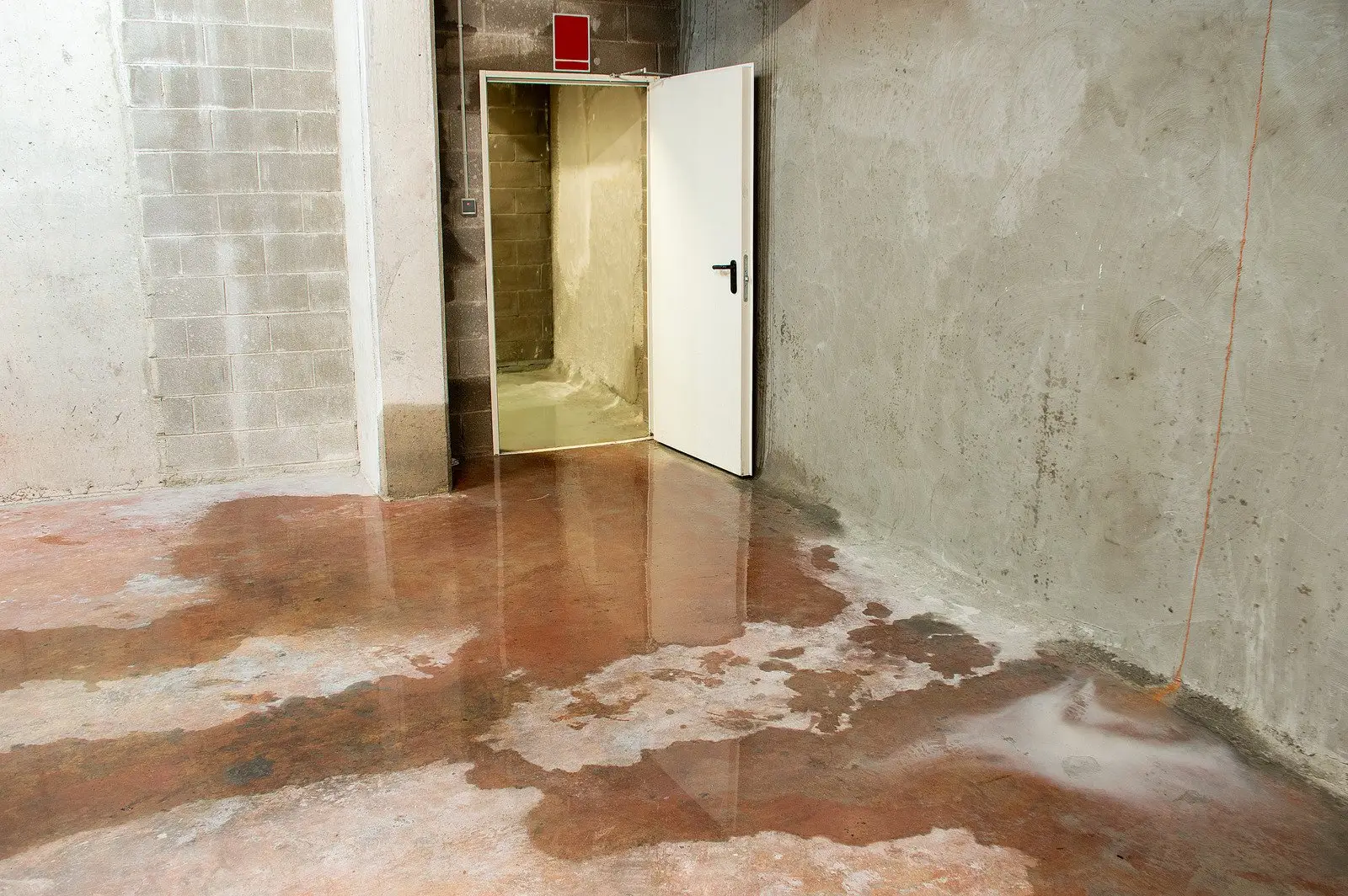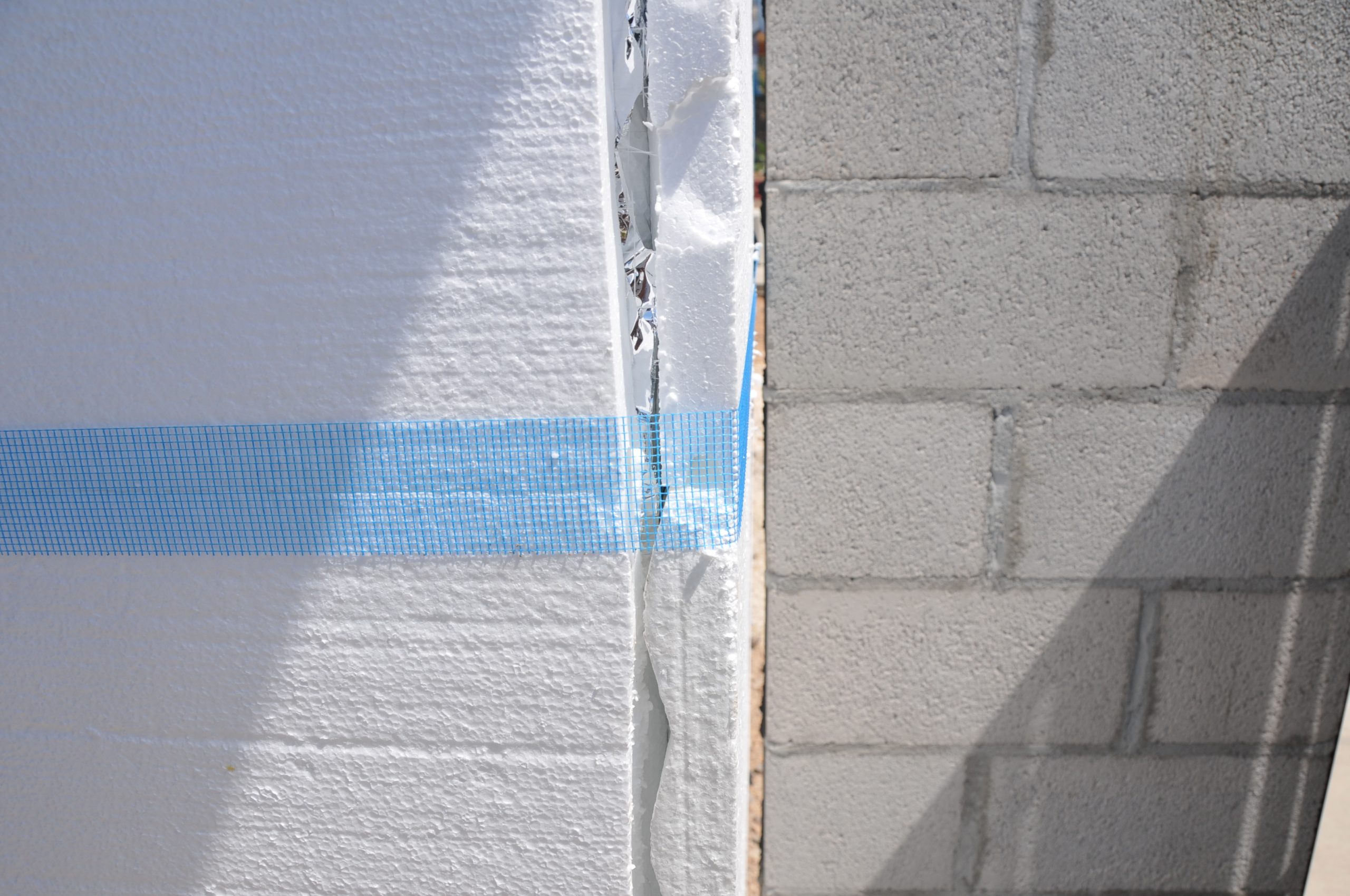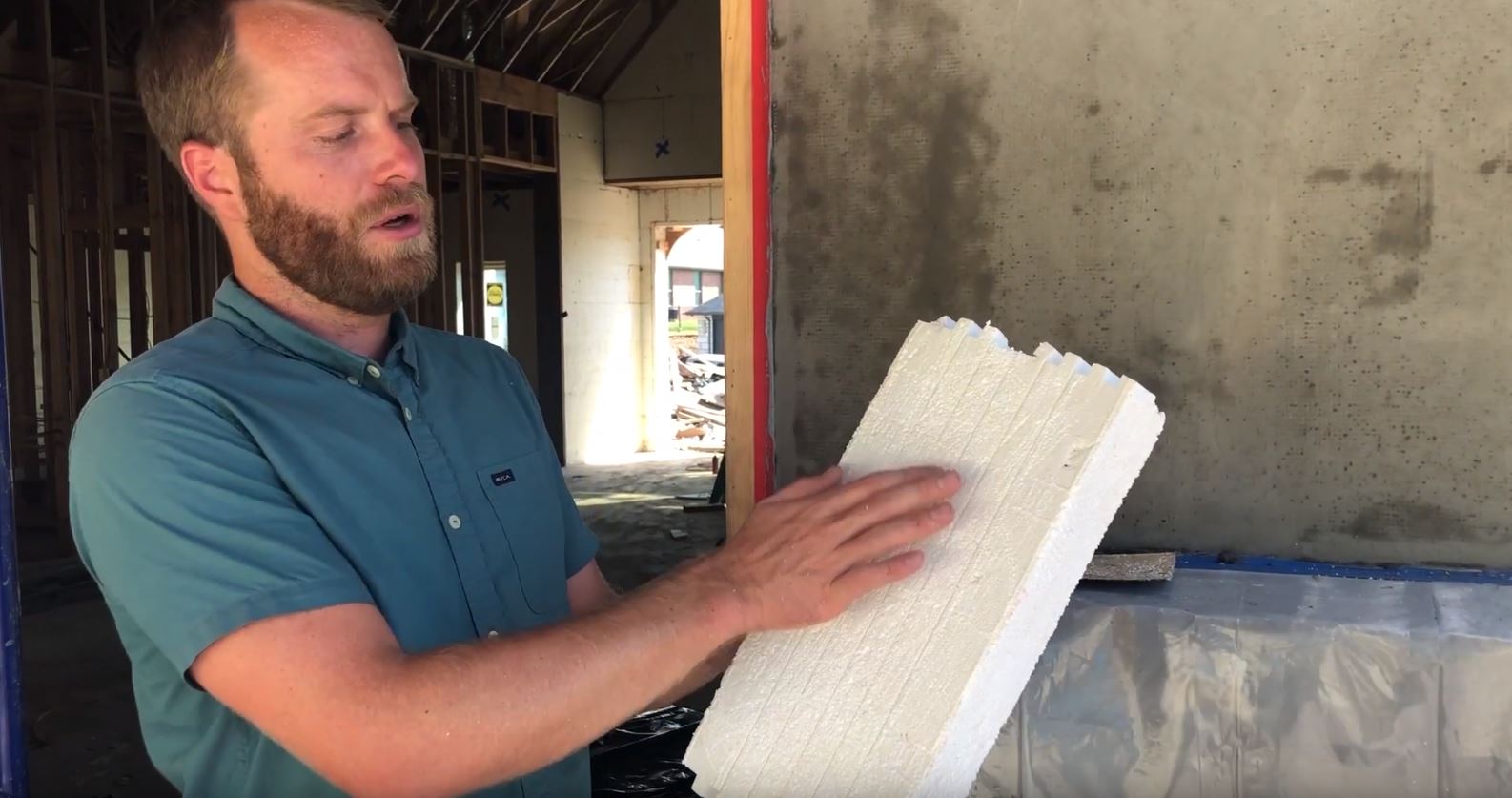
It may be thrilling and anxiety-inducing to purchase your first home. You must not only choose the ideal location, but also the ideal mortgage. Finding an inexpensive house might be challenging since there aren’t many homes for sale in many local areas and housing prices are rising everywhere. Here we talked about things to consider when buying a home.
Although you may feel compelled to start shopping for a home right immediately, you should wait until your finances are in order before you do. That entails ensuring that your debt-to-income ratio, credit history, credit score, and overall financial picture are strong enough to convince a lender that you can be relied upon to repay a loan.
When applying for a mortgage and purchasing a house, first-time buyers often make errors. The most frequent errors individuals make things to consider when buying a home are listed below.
1. Forget to get prior approval:
Before starting your search for a new home to live in or making any other preparations, ensure sure you have been pre-approved for a mortgage. Before you make any other arrangements, you should do this. This must be finished before continuing with additional preparations.
Knowing how much you can afford to spend on a home will help you narrow down the homes you are interested in buying when you are looking for a new place to live. This will make the whole process of buying a property and moving into a new home go more swiftly and smoothly. You’ll not only have an easier experience by doing this, but you’ll also save money.
2. Not monitoring your credit:
Everyone dislikes surprises, but this is particularly true when purchasing a home. Mortgage lenders could provide you with less-than-ideal interest rates and conditions if you or your spouse have evident credit issues, such as a history of late payments, debt collection proceedings, or a lot of debt. Both scenarios may be aggravating and make it more difficult to complete tasks when you need to.
Free annual credit report checks might help you spot issues before they become serious. Check for errors and, if any, file a written dispute with the creditor and the credit reporting agency. If at all possible, include evidence to support your claims. To provide further preventative assistance, think about contacting one of the top credit monitoring firms in your area.
Negative things like late payments or past due bills that are still really cannot be quickly eliminated. It’s not good that they will continue to appear on your credit record for seven to 10 years. But if you make on-time payments on your bills, pay more than the minimum each month, and don’t utilize all of your available credit, you may improve your credit score. Be patient above everything else. At least a year may pass before a poor credit score improves.
Find out whether your bank, credit union or credit card provider has a free credit score view as well. You could find it challenging to get a conventional mortgage if your score is lower than 620. You’ll need a 3.5% down payment and a credit score of at least 580 to get the most money out of an FHA loan. A 10% down payment is required if your credit score is between 500 and 579.
3. Buying a house that is more expensive than you can afford:
You shouldn’t borrow up to $400,000 just because a lender says you can. Your monthly payments may be too high for you to manage if you take out the maximum amount of credit. The majority of house buyers can manage a loan that is 2 to 2.5 times their gross yearly income.
To put it another way, if your yearly income is $75,000, you could be able to purchase a house that costs between $150,000 and $187,500. The majority of mortgage calculators allow you to estimate your monthly payments. This is a more accurate method of determining if you can afford a home in a certain price range.
If you have to pay more than you can afford for your mortgage each month as a result of purchasing a home that costs more than you can afford, you might run into financial problems. To put it another way, you can experience “house poverty” and buyer’s regret.
Consider the reality that the cost of house ownership includes more than simply the mortgage payment each month. You must set aside funds for expenses that are not included in your rent, such as upkeep, insurance, property taxes, homeowner’s association dues (if applicable), and repairs. You may not be able to save money for an emergency or home repairs if you stretch your monthly budget to cover your mortgage. Additionally, it will reduce the funds you have for other financial objectives.
Avoid getting caught up in the loan amount you qualify for. Consider if you can afford the monthly mortgage payment at that level instead. First-time homebuyers should exercise additional caution and choose a property that is less expensive than their budget allows.
4. Rejecting the services of a real estate agent:
Searching for a home on your own is time- and effort-consuming. You may reduce your options and identify issues with the property itself. The sellers’ negotiation tactics with the aid of a knowledgeable real estate agent with a wealth of expertise. Although real estate lawyers won’t assist you in your search for a property. Certain jurisdictions mandate that they be used to conduct the deal. However, they may serve as your closing agent, and assist with the purchase agreement negotiation. And assist you in writing an offer.
If you attend showings without your real estate agent, a seller’s agent may offer to represent you. Getting the best and highest offer for the seller, not for yourself, is the agent’s major objective. Making this potentially dangerous. Decisions may be made more effective. If you have a personal agent whose objectives are more in line with your own.
The best part is that hiring an agent won’t cost you anything out of pocket. Typically, the commission that the buying agent receives is covered by the buyer. The commission is often given to the seller’s agent by the seller, who then splits it with the buyer’s agent.
5. Establishing (or closing) Credit Lines:
You might still be denied a mortgage even though you have been pre-approved for one. Mortgage lenders do a credit check on you once during pre-approval. Once again just before closing before giving you the go-ahead. Keep your credit and money the same in the meantime. This implies that you are unable to cancel any existing credit lines or create any new ones. If you do this, your debt-to-income ratio will increase and your credit score will decrease. Both of these are significant reasons why a lender could decide not to grant you final clearance.
Wait until after you’ve closed on your property to get additional credit lines, such as a vehicle loan or credit card. Additionally, canceling the account removes the history from your credit report, even if it’s wonderful to pay off a loan or credit card before closing on a property. How long you’ve had credit is one of the key factors that credit reporting agencies use when calculating your credit score. Don’t use the account until it has been closed, but keep it open and active.
6. Issues with the Structure of the building:
Purchasing a home with structural problems is a certain way to rack up more maintenance costs in the future. Keep a look out for warning signs, such as uneven flooring, cracks in the walls or roof, or any other structural issues, since these might all indicate that the house is shifting on its foundation.
It is a pretty common activity to replace roof tiles, but if you see that the roof is sagging, it is crucial to get professional advice before you approve the sale of the home. This may indicate that the roof cannot support its current weight or that the roof line is not straight, both of which point to the need for rafters to be reinforced or replaced.
In conclusion:
You don’t want to ruin your mortgage or your plan to buy a house by accident. Some of these mistakes may not seem like big deals, but they can slow down your closing and cause a lot of trouble. Talk to your lender about what you need to do between getting pre-approved and closing to make sure everything goes smoothly. Also, try to keep all of your paperwork, like bank statements, deposit records, tax returns, pay stubs, etc., in order and up-to-date so that you can show proof to your lender if they ask.
When you’re ready to buy your first home, being well-read and knowledgeable about the lending and real estate process can help you avoid some of these mistakes and save you money along the way. Make sure the deal goes smoothly by having trained, experienced professionals, help you. This could make some of the stress and trouble along the way a little fewer things to consider when buying a home.
FAQs
What should you think about the most when buying a house?
Its location. One of the most important things about any piece of real estate is its location. Think carefully about the neighborhood before you buy a house there.
What are five things to consider when buying a home?
There are five things to consider when buying a home.
- Your down payment might not be the main problem.
- Most likely, you will need to make a deal.
- Be ready on an emotional level for a surprise in your money.
- A mortgage can cost more than rent.
- Depending on how you live, you may need to buy instead of rent.
Before you buy a house, what things to consider when buying a home?
Learn about your money. You already know that it will cost a lot of money to buy a house. To make a good investment, you need to know how much it will cost and how much money you can spend. Think about how you spend your money, how much you make, and how much you owe.
